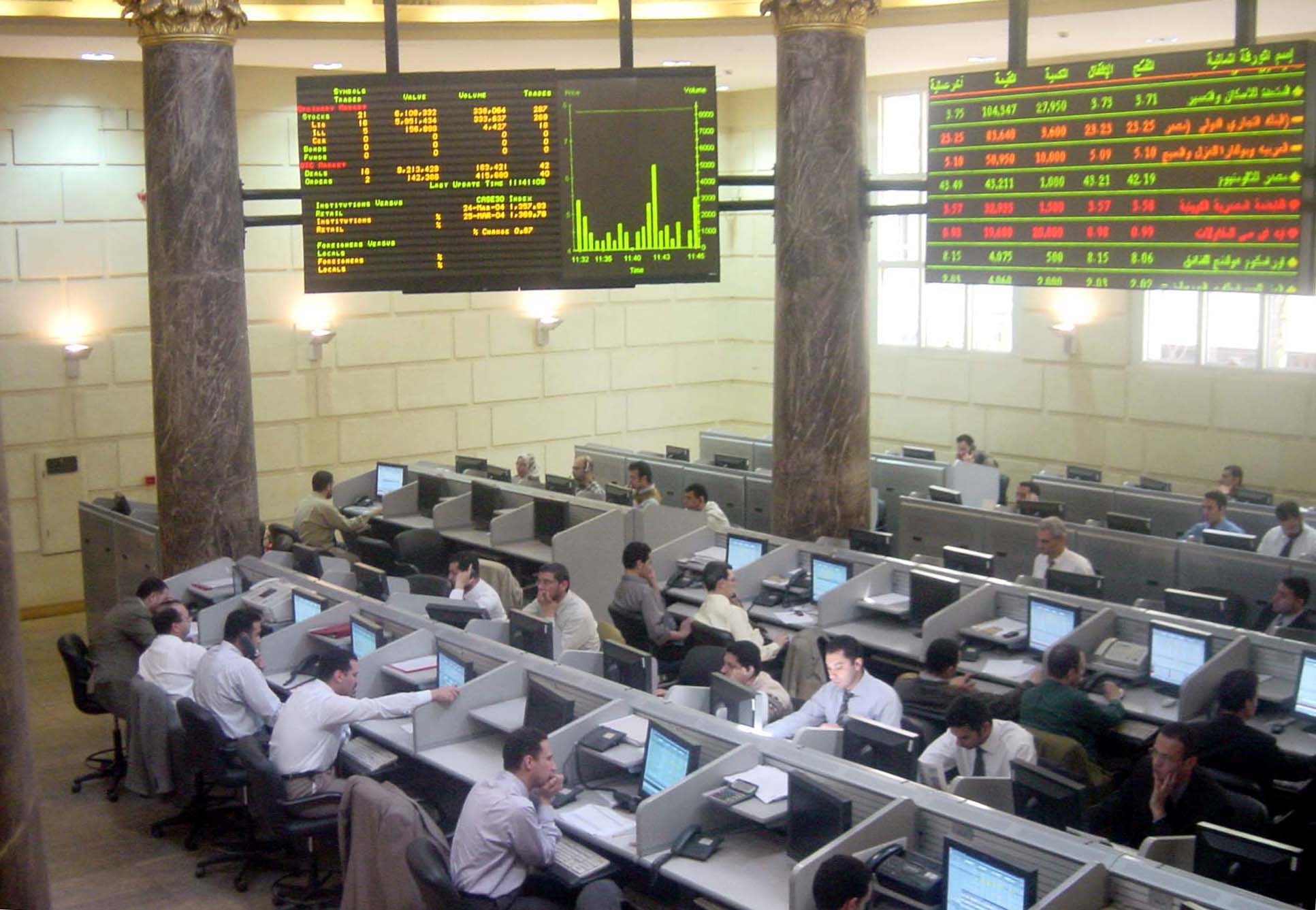Egyptian companies were affected by cost hikes of local raw materials which were more expensive than imported raw materials.
Manufacturers complained that major raw material producers allocate most of their production for export at a time when the factories are less able to secure hard currency needed for import.
This came during workshops held during the AFRO PLAST exhibition on its third day.
Manufacturers discussed a set of general issues related to the plastics industry, put forward a set of recommendations, and adopted many demands for the manufacturing companies.
They called for dealing with raw materials with the same idea of unified procurement by providing a mechanism through which companies can purchase and provide raw materials that are imported and have no local equivalent through collective negotiation with suppliers, provided that manufacturing companies determine the total quantities they need of raw materials sectorally to negotiate their purchase at competitive prices and then distribute them to companies according to their share.
Mohamed Maged, Executive Director of the Chemical and Fertilizers Export Council, stated that the main markets for Egyptian exports of plastics are the European markets as well as the American market, which obliges plastic manufacturers to keep pace with development in this industry. They should be aware of what is included in it in terms of combinations in manufacturing that takes it to more advanced and less costly levels, as well as precise identification of demands of these markets and the specifications and requirements of products that are allowed to enter this market.
Meged said that the issue is no longer related to increasing production, rationalising energy and reducing waste, as much as it is related to the need to know market needs and to switch to more advanced plastic products with which to enter European markets and, accordingly, the African market and other markets.
He added: “There are new data and terms that have appeared in the world that we must adhere to, including, for example, sustainability, which means the use of raw materials from natural products that do not pollute the environment.”
He added that it is not possible to compete with others in the current conditions, but it is necessary to search for new products, new marketing methods and new markets.
Consultant for industrial policies at the German Agency for International Cooperation, GIZ Mohamed Wazir said that the plastic sector is the critical mass in chemical industries sector, representing 23% of chemical industries’ production, about 41% of chemical industries’ exports, and 24% of the industry’s contribution to the GDP.
Wazir disclosed that Egypt ranked 40th globally in plastic and rubber exports, highlighting the opportunities of boosting Egyptian plastic exports.
He elaborated that 64% of the plastic and rubber sector is owned by the state, the raw material producer, and about 36% is owned by the private sector. The foregoing means, as he says, that there is no problem with the raw materials, but because there is no clear strategy or plan for what should be exported and what should be imported, the problem arose in the supply of raw materials to local factories, resulting from the export of raw materials without manufacturing them.



